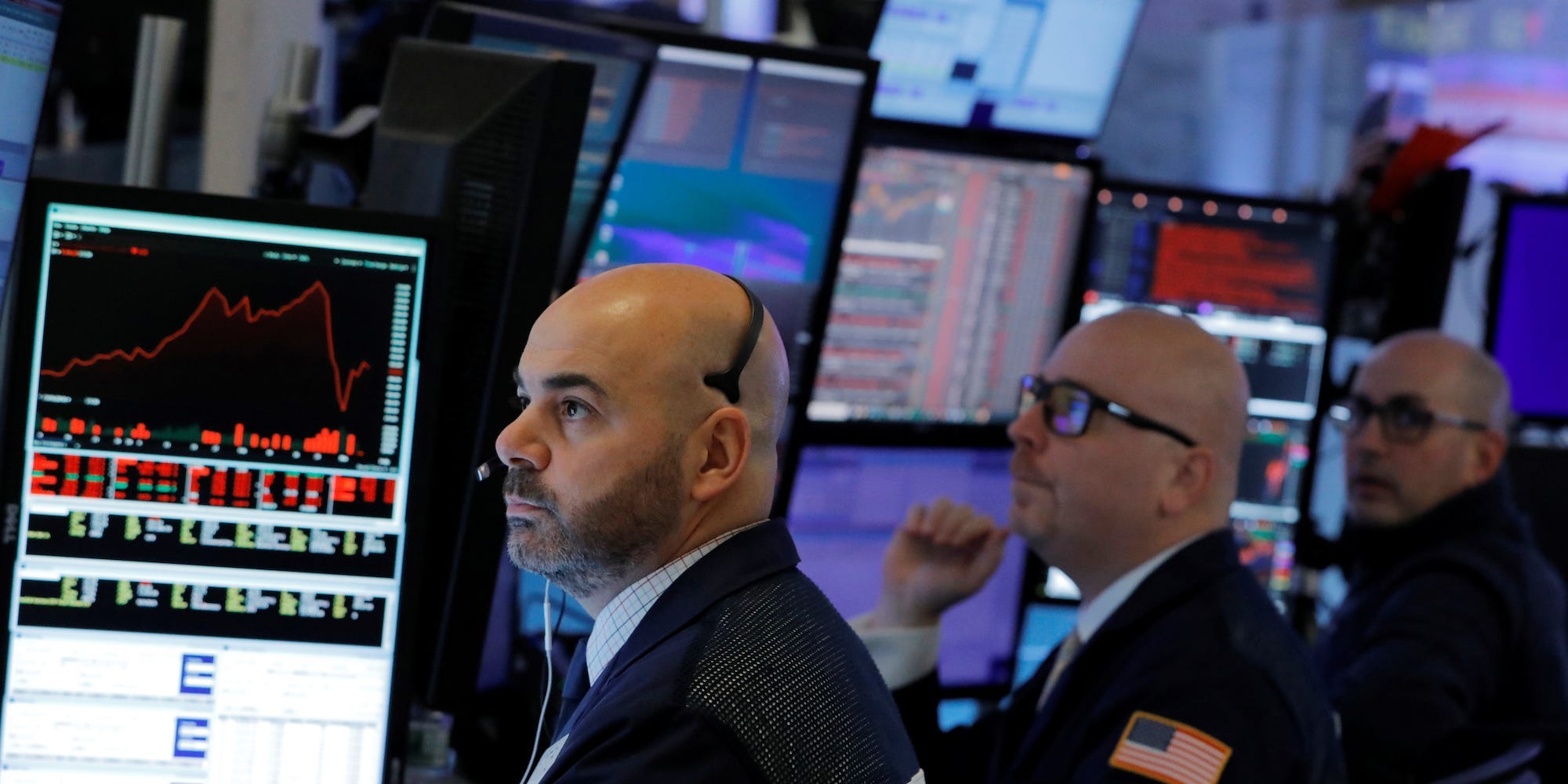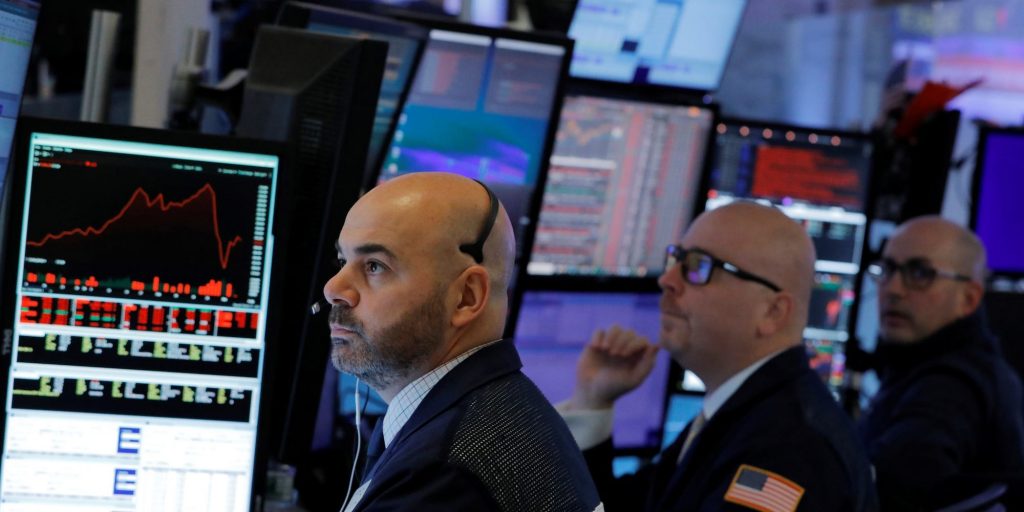
- US stocks were mixed Thursday as traders weighed how the latest economic data will affect Fed policy plans.
- Retail sales unexpectedly soared in August despite increasing COVID-19 cases.
- 332,000 Americans filed for unemployment last week, higher than economists were expecting.
- Sign up here for our daily newsletter, 10 Things Before the Opening Bell.
US stocks were on Thursday as traders digested how the latest batch of economic data will impact the Federal Reserve's timeline for easing its stimulus measures.
Spending at US retailers and restaurants handedly beat economist expectations and soared in August. Retail sales gained 0.7% last month, while economists surveyed by Bloomberg expected sales to drop by 0.8% through the month.
Meanwhile, more Americans filed for unemployment than expected last week. Initial jobless claims jumped to an unadjusted 332,000 last week, versus 330,000 expected. It also snapped a two-week streak of declines and placed claims just above pandemic-era lows.
Here's where US indexes stood at the 9:30 a.m. ET open on Thursday:
- S&P 500: 4,473.94, down 0.15%
- Dow Jones industrial average: 34,853.46, up 0.11% (39.07 points)
- Nasdaq composite: 15,117.63, down 0.29%
Weaker economic data means the Fed is unlikely to announce a taper at next week's FOMC meeting, according to macro economists at Guggenheim. While an announcement at the November meeting seems the market's base-case, upcoming drama in Washington over the debt ceiling and infrastructure bill could affect that decision, they added.
Bitcoin hovered around $48,000. Coinbase said on Wednesday it plans to expand its product offering to include trading in futures and derivatives.
West Texas Intermediate crude fell 0.35%, to $72.37 per barrel. Brent crude, oil's international benchmark, slid 0.32%, to $75.23 per barrel.
Gold 1.9%% to $1,760.10 per ounce.

